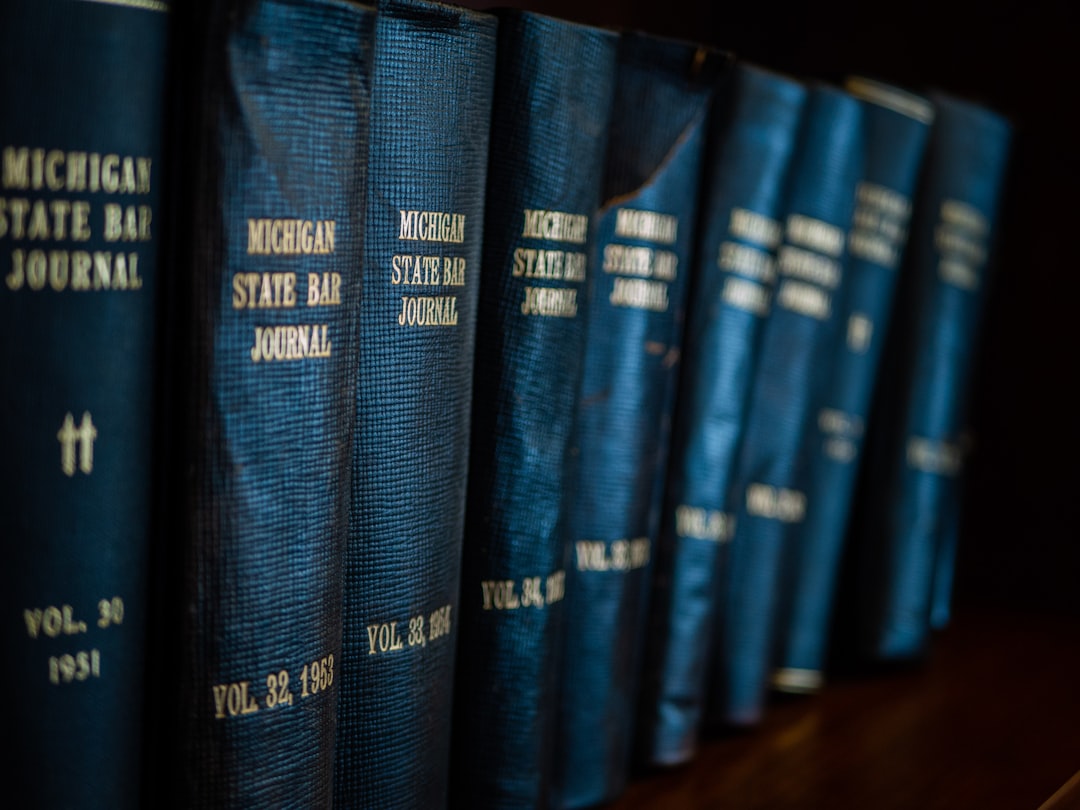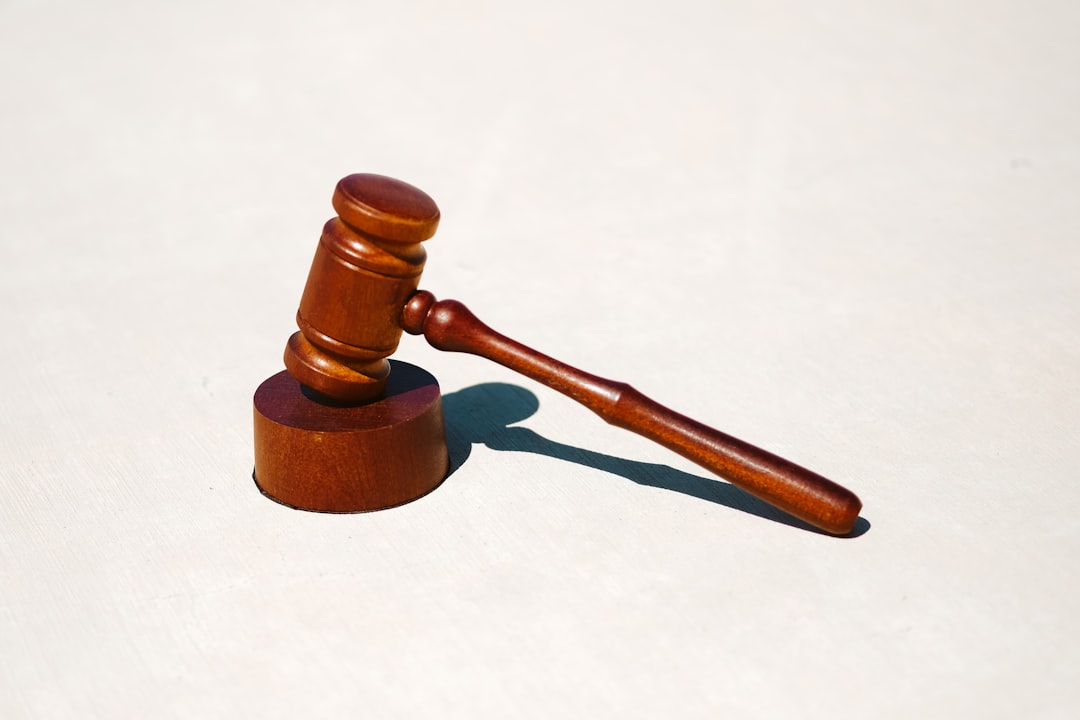Missouri educators must stay current with the state's strict school abuse laws to protect students and themselves. Regular training from a school abuse law firm is crucial for compliance and effective incident investigation. Through professional development, teachers learn risk identification, child development understanding, and sensitive situation response, adhering to legal guidelines. Best practices include age-appropriate discussions, interactive activities, informed decisions through continuous learning, collaboration with counselors and police, and open communication to create safe learning environments. School abuse law firm Missouri support is vital for these efforts.
In Missouri, educators play a pivotal role in safeguarding students from sexual abuse, making ongoing professional development crucial. This article explores the legal landscape, focusing on Missouri’s stringent school abuse laws and educator responsibilities. We delve into how tailored professional development can enhance sexual abuse prevention strategies, offering practical tips to foster safe learning environments. By equipping Missouri educators with knowledge and skills, schools can better protect students and create a supportive environment.
Understanding Missouri's Legal Landscape: School Abuse Law and Educator Responsibilities

In Missouri, understanding the state’s school abuse law is a critical aspect of an educator’s professional development. This legal framework outlines clear responsibilities for educators, ensuring they are equipped to recognize and report potential cases of sexual abuse within their institutions. A Missouri school abuse law firm often serves as a valuable resource, providing guidance on compliance and best practices to protect both students and teachers from harm.
Educators must stay informed about the latest amendments and interpretations of this legislation. Regular updates and training sessions can help them fulfill their duties effectively, including mandatory reporting requirements and protocols for investigating and documenting suspected abuse incidents. Such proactive measures contribute to fostering a safer learning environment in Missouri’s educational institutions.
The Role of Professional Development in Sexual Abuse Prevention Strategies

Professional development plays a pivotal role in equipping Missouri educators with the knowledge and skills to implement effective sexual abuse prevention strategies. By participating in ongoing training programs, teachers can gain insights into identifying potential risks, understanding child development, and responding appropriately to sensitive situations. These sessions often cover topics such as recognizing signs of abuse, fostering a safe learning environment, and reporting obligations under Missouri’s school abuse law.
Through interactive workshops and real-life scenario discussions, educators can enhance their ability to create a protective culture within the school setting. Continuous professional development ensures that teachers stay updated with best practices, emerging trends, and legal guidelines related to sexual abuse prevention. This proactive approach not only empowers educators but also contributes to the overall safety and well-being of Missouri’s students.
Practical Tips for Educators: Fostering Safe Learning Environments in Missouri Schools

Creating safe and supportive learning environments is paramount for educators in Missouri, especially when addressing sensitive topics like sexual abuse prevention. To effectively foster such spaces, consider these practical tips. Firstly, ensure age-appropriate discussions about personal boundaries, consent, and respect. Incorporate interactive activities and scenarios to engage students while teaching them crucial skills for recognizing and reporting potential abuses.
Additionally, stay informed about the latest research and best practices in abuse prevention through continuous professional development. Collaborate with school counselors and local law enforcement to organize workshops or seminars that educate both staff and students on relevant laws like Missouri’s school abuse policies. Regular communication among educators, parents, and community members can further strengthen these safe learning environments, ultimately contributing to a more secure educational setting for all Missouri students.






